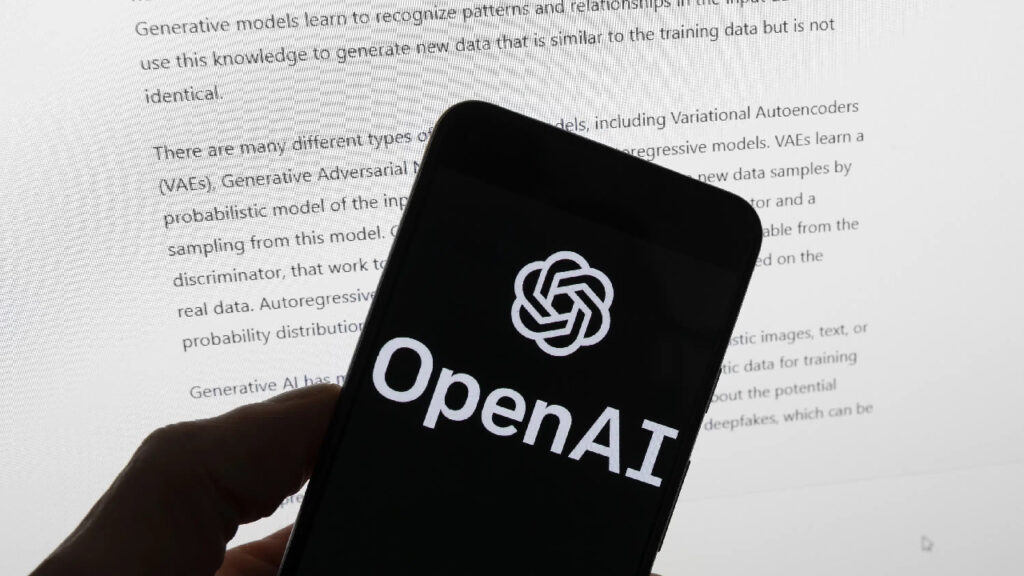Technology
Top AI Scientists Discuss Future Steps for the Technology
Over 2,000 researchers and engineers from different parts of the world convened in Rwanda to discuss the potential of Artificial Intelligence (AI) and the challenges that come with it. The meeting was significant because it was the first time the major AI research conference in Africa had taken place.
Attendees sought to debate different visions of AI’s future: one view was to build ever-more-powerful systems, such as ChatGPT, that could exceed human intelligence to boost productivity and economic growth, while the other was to create more targeted, small-scale AI solutions to address specific local and global challenges.
The organizers of the conference wanted researchers from wealthy corporations, predominantly from the US and China, to acknowledge the realities of societal problems present on the continent, while also giving African researchers a voice in the discussion.
Get Financial Times and Barrons Combo Digital Subscription for $129
The release of ChatGPT a few months before the conference had given the discussions on the trajectory of AI an increased urgency.
This release created a global frenzy among the biggest tech companies, from Google to Baidu, to develop their generative Artificial Intelligence (AI) technologies, software that produces text and images that can replace human labor, as well as spreading misinformation. OpenAI, the company that developed ChatGPT, was not present in the conference, but its impact was widely felt.
Many researchers were concerned about the negative effects of AI in their societies, particularly those in developing and minority populations. Generative AI models could exacerbate the dominance of the US and China in AI development, leaving Africa behind and dealing with the problems it created.
Artificial Intelligence Development
Researchers raised another concern about the lagging development of beneficial AI solutions that could improve the quality of life for people worldwide.
Several researchers presented successful AI solutions that could help improve maternal care, eliminate child mortality in developing countries, improve power-grid maintenance, and detect agricultural diseases.
However, critical data issues, such as error-filled medical forms, still hinder AI development in some areas. There were only 16 African attendees in 2019, but this year, the number grew to 261, indicating progress in inclusion in the AI community.
The conference setting hoped to stimulate the development of Artificial Intelligence (AI) for social good applications rather than profit-driven AI advancements.
The concentration of research into a few dominant players in Silicon Valley and the lack of inclusion of non-Western researchers or those from marginalized groups drew criticism from prominent researchers, including AI ethicist Timnit Gebru.
Get Barron’s Digital Subscription 5 Years for $89
The African continent has struggled to participate in such conferences, with attendees often unable to attend due to visa issues. Rwanda typically gives visas to researchers regardless of company or country, making it an ideal host country.
Despite the differing views and backgrounds of the attendees, the conference created an environment where researchers could discuss contrasting visions and share ideas. The debate sought to create a more inclusive and diverse AI community that would consider the diverse perspectives and needs of different societies.

